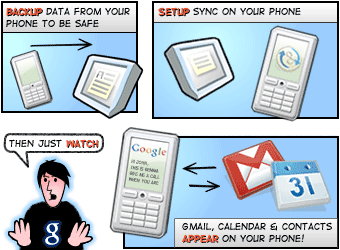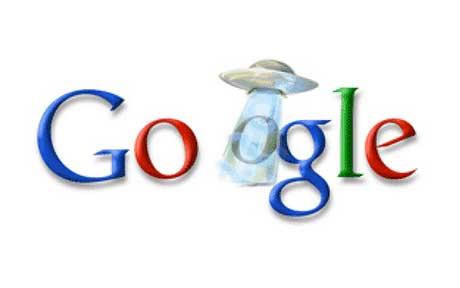 You use Google, sure, but if all you’re doing are searches, you’re just scratching the surface. Here are a few things you might not know about Google.
You use Google, sure, but if all you’re doing are searches, you’re just scratching the surface. Here are a few things you might not know about Google.
Life Magazine’s Old Photos
You might see it as a time waster, but I love digging through Google’s gazillion historic photos from Life magazine. Google lets you use the photos for personal use, so it’s terrific for grabbing an image when you need something cute in an invitation or newsletter.
Search Me a Special Search
Google has a search site specifically for Linux users and another for those of you who can’t get enough of Microsoft. Check out the rest of Google’s special search sites. If you like poking around with Web tools, Experimental Search gives you five new ways to search, each aimed at tightening and focusing on specific results.
Google Squared is another exciting experimental search tool. Stick in a couple of words, or a short phrase, and watch Google try to create a spreadsheet of results. For instance, try entering California dog parks or earthquake and volcano types.
Alert me!
Google sends me an e-mail every time it sees a new occurrence of “steve bass,” “earthquakes,” and keywords about my various hobbies and interests. If you haven’t tried Google Alerts, you’re missing out on a terrific service.
Thematic Google
I have a Google home page and the color scheme used to be white bread. I just switched to a very cool Jackie Chan theme and amazingly, my productivity soared (wife, please take note). Choose from truckloads of themes (click on Newest and Hottest for more). [Thanks, DolphinWoman.]

Number, Please?
It used to be easy to remember area codes. (“212” is New York, “312” Chicago, and “213” Los Angeles.) That’s history because area codes are added frequently, like every 20 minutes or so. Next time you’re stuck trying to figure out an area code’s location, give it to Google. Just type the three-digit code and you’ll get a top of the search answer.
There’s more: You can track FedEx, UPS, and U.S. postal service shipments just by sticking the tracking number into Google’s search field; do the same with ZIP and area codes, vehicle IDs, patent numbers, airplane registration numbers, and even UPC codes found on products.

Calculate this
You can use Google Calculator to crunch numbers and figure out conversions. Try entering 12*12 and see what happens; you can also run more complex equations, like G*(6e24 kg)/(4000 miles)^2. Google Calculator handles conversions of all types, such as ounces into tablespoons, dollars into euros, or GB to MB.
[This post is excerpted from Steve’s TechBite newsletter. If you liked it, head here to sign up–it’s delivered on Wednesdays to your inbox, and it’s free.]




 Did I just say that one of the differences between Bing and Google is that
Did I just say that one of the differences between Bing and Google is that  If you happened to use Google on September 5, you might’ve seen a UFO sucking up the second “O” in the company’s name.
If you happened to use Google on September 5, you might’ve seen a UFO sucking up the second “O” in the company’s name.
 One year ago today, Google
One year ago today, Google  [UPDATE AS OF 2:30PM TECHNOLOGIZER TIME: Gmail is back up, at least for me.]
[UPDATE AS OF 2:30PM TECHNOLOGIZER TIME: Gmail is back up, at least for me.] You gotta think that if Google’s
You gotta think that if Google’s  If you buy a new Sony VAIO computer, you’re going to get a new browser. No, Internet Explorer isn’t going anywhere. But Financial Times is reporting that
If you buy a new Sony VAIO computer, you’re going to get a new browser. No, Internet Explorer isn’t going anywhere. But Financial Times is reporting that  You use Google, sure, but if all you’re doing are searches, you’re just scratching the surface. Here are a few things you might not know about Google.
You use Google, sure, but if all you’re doing are searches, you’re just scratching the surface. Here are a few things you might not know about Google.
